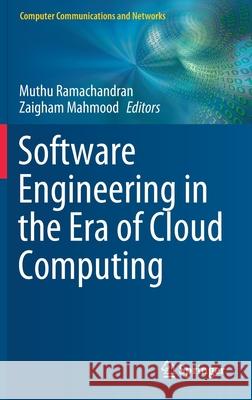Software Engineering in the Era of Cloud Computing » książka
topmenu
Software Engineering in the Era of Cloud Computing
ISBN-13: 9783030336233 / Angielski / Twarda / 2020 / 354 str.
Software Engineering in the Era of Cloud Computing
ISBN-13: 9783030336233 / Angielski / Twarda / 2020 / 354 str.
cena 603,81
(netto: 575,06 VAT: 5%)
Najniższa cena z 30 dni: 578,30
(netto: 575,06 VAT: 5%)
Najniższa cena z 30 dni: 578,30
Termin realizacji zamówienia:
ok. 16-18 dni roboczych.
ok. 16-18 dni roboczych.
Darmowa dostawa!
Kategorie:
Kategorie BISAC:
Wydawca:
Springer
Seria wydawnicza:
Język:
Angielski
ISBN-13:
9783030336233
Rok wydania:
2020
Wydanie:
2020
Numer serii:
000210210
Ilość stron:
354
Waga:
0.70 kg
Wymiary:
23.39 x 15.6 x 2.24
Oprawa:
Twarda
Wolumenów:
01
Dodatkowe informacje:
Wydanie ilustrowane











